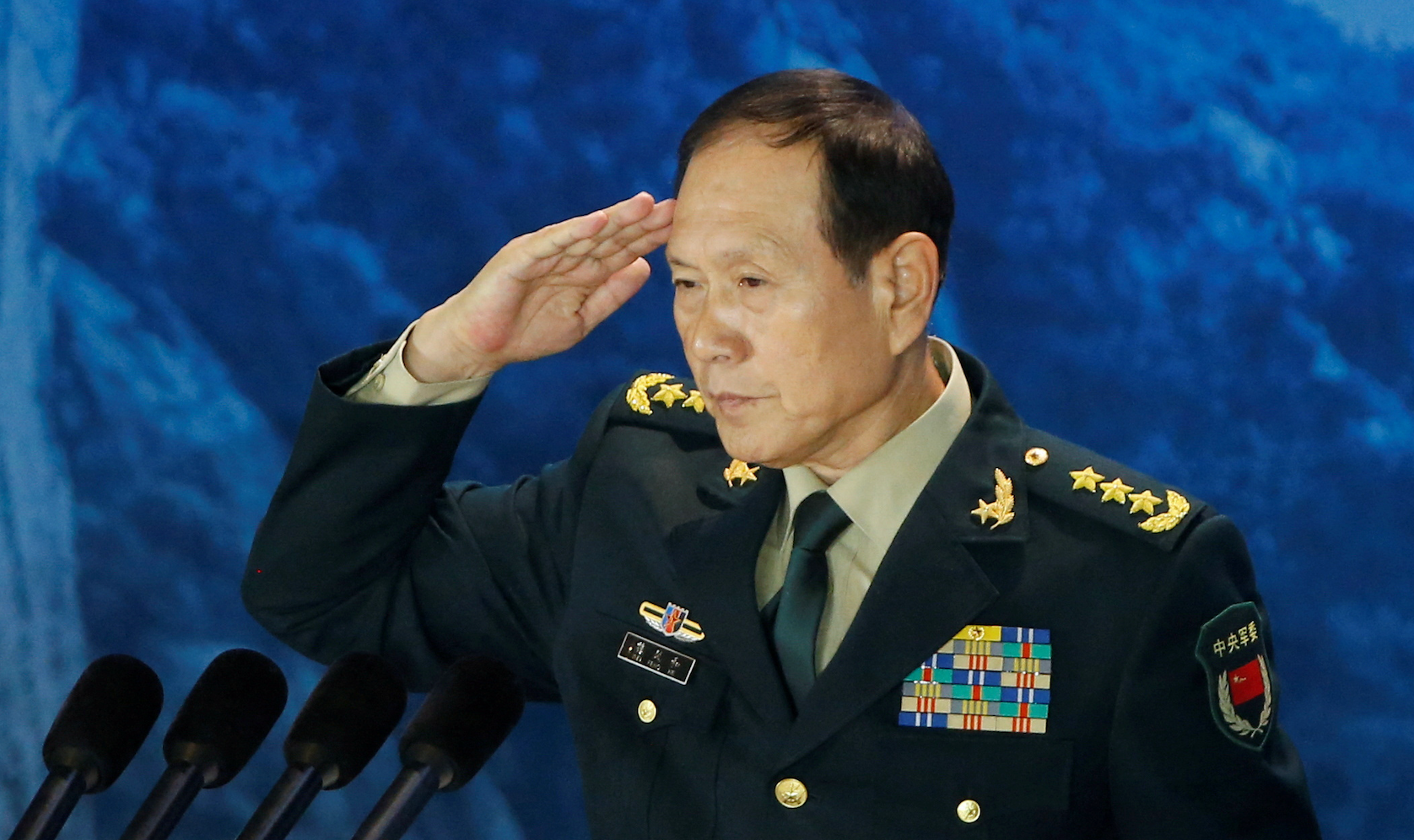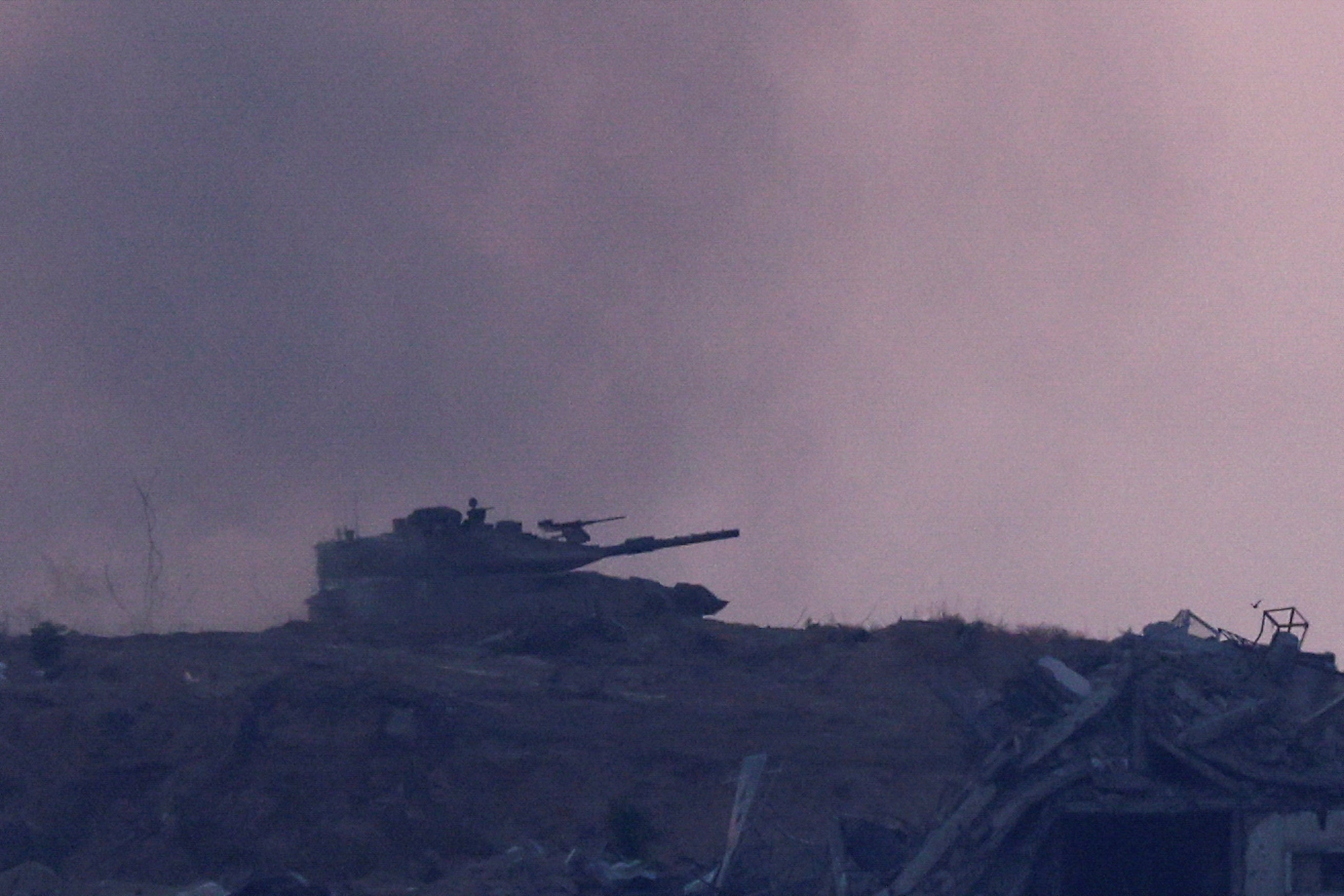
Germany may hold more basic training for Ukraine army recruits, says EU commander
PHOTO CAPTION: Ukrainian soldiers train with the SVD and M700 rifles, Aug. 29, 2019. (U.S. Army photo by Sgt. Justin Navin via U.S. Defense Visual Information Distribution Service)
By Sabine Siebold
BERLIN (Reuters) - More Ukrainian army recruits could receive basic training in Germany from next year if Kyiv moves some further military education back to Ukraine, an EU commander told Reuters, as the requirement for troops grows amid the ongoing war with Russia.
"We have received more training requests as Ukraine continues to mobilise, in particular for basic training which is mainly being done by Britain," Lieutenant-General Andreas Marlow, head of the EU's special training command near Berlin, said in an interview on Thursday.
This would likely affect collective training - involving entire companies or battalions - so far carried out in Germany and which follows basic training, he said.
Ukraine has been under pressure to call up more troops as the 27-month-old war grinds on and fewer volunteers sign up.
Kiev aims to handle more of the training itself to simplify logistics and allow troops to be available on the battlefield at shorter notice, he said. Spain conducts some training for Ukrainian troops, as does Poland.
Marlow's Special Training Command (STC) is part of a European Union military mission set up in 2022 to train some 60,000 Ukrainian troops in various skills by mid-November 2024 to help Kyiv combat Russia's invasion.
In Germany, instructors from 14 nations have been teaching troops to operate tanks or air defence systems such as Patriot and IRIS-T, while snipers, engineers, paramedics and drone operators learn their trades and IT experts are taught how to fend off hackers.
INFRASTRUCTURE NEEDED
Marlow said he did not expect such specialist training to shift to Ukraine as it required weapons and certain infrastructure, such as simulators, to be in place.
Kyiv hoped to move collective training back home partly because teaching operational doctrine was more easily done by Ukrainians, and to speed up deployment of fresh troops, he said.
"Kyiv would have ready-to-use troops far more quickly available than if they attend training in Germany or Spain," he said.
There was less need during emergencies to rush out soldiers who completed basic training, where recruits learn how to handle an assault rifle or administer first aid, Marlow said, "because they are not yet fully ready for action anyway."
Basic training in Germany normally takes three months, but has been condensed for Ukrainians to six weeks because of the war.
Kyiv's bid to move training back to Ukraine could spur discussions among NATO allies, such as France and Lithuania, to send military trainers there.
(Reporting by Sabine Siebold; Editing by Bernadette Baum)









